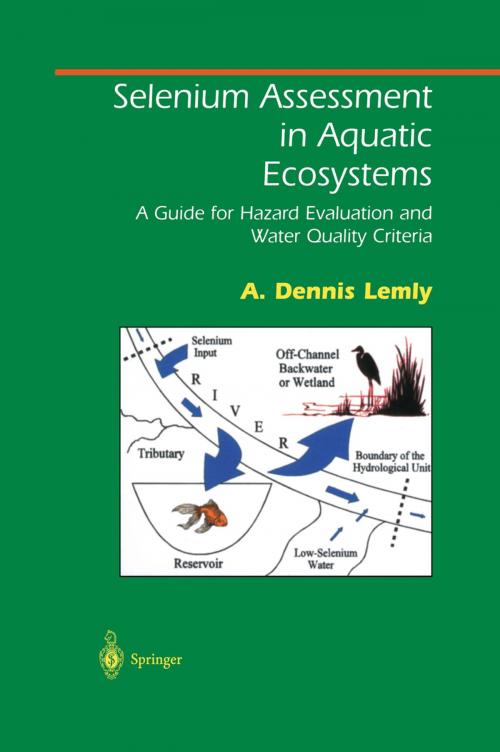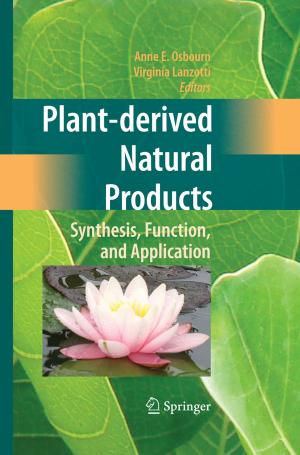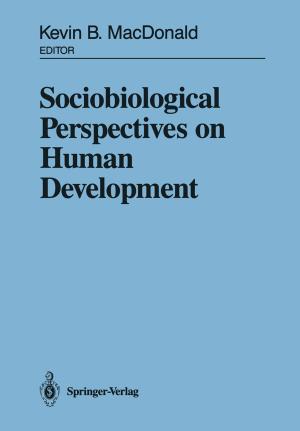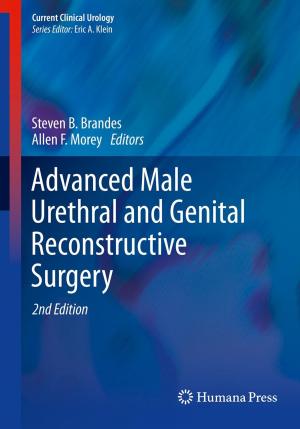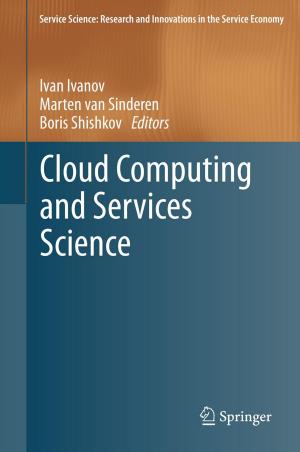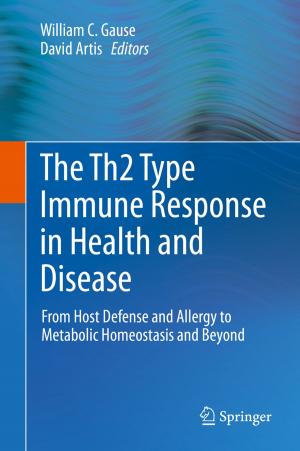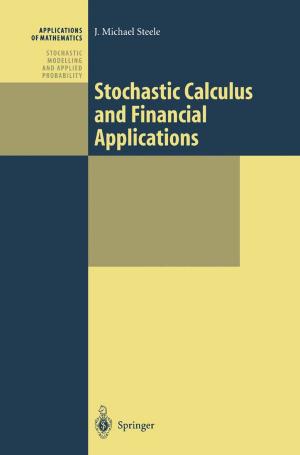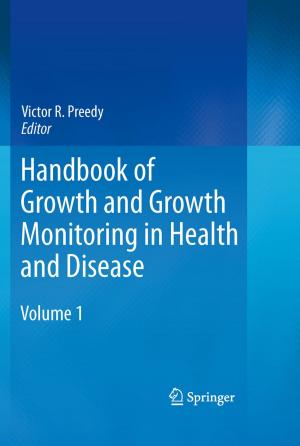Selenium Assessment in Aquatic Ecosystems
A Guide for Hazard Evaluation and Water Quality Criteria
Nonfiction, Science & Nature, Science, Biological Sciences, Environmental Science, Nature, Environment, Environmental Conservation & Protection, Technology| Author: | A. Dennis Lemly | ISBN: | 9781461300731 |
| Publisher: | Springer New York | Publication: | December 6, 2012 |
| Imprint: | Springer | Language: | English |
| Author: | A. Dennis Lemly |
| ISBN: | 9781461300731 |
| Publisher: | Springer New York |
| Publication: | December 6, 2012 |
| Imprint: | Springer |
| Language: | English |
Selenium is a naturally occurring trace element that can become concentrated and released by industrial, agricultural, petrochemical and mining activities. At concentrated levels it is toxic and has polluted ecosystems around the world. This book will serve as a comprehensive practical handbook for everyone dealing with selenium in aquatic environments. It offers field-tested approaches and methods for assessment and water quality management. Using his twenty-year experience, the author discusses the effects of selenium on fish and bird populations and presents guidelines for identifying sources of pollution, interpreting selenium concentrations, assessing hazardous conditions, setting water quality criteria and ecosystem loading limits (TMDLs). He also includes a procedure for setting environmentally safe limits that ensure compliance with EPA regulations.
Selenium Assessment in Aquatic Ecosystems will interest field scientists, natural resource managers, risk assessors and environmental planners.
Selenium is a naturally occurring trace element that can become concentrated and released by industrial, agricultural, petrochemical and mining activities. At concentrated levels it is toxic and has polluted ecosystems around the world. This book will serve as a comprehensive practical handbook for everyone dealing with selenium in aquatic environments. It offers field-tested approaches and methods for assessment and water quality management. Using his twenty-year experience, the author discusses the effects of selenium on fish and bird populations and presents guidelines for identifying sources of pollution, interpreting selenium concentrations, assessing hazardous conditions, setting water quality criteria and ecosystem loading limits (TMDLs). He also includes a procedure for setting environmentally safe limits that ensure compliance with EPA regulations.
Selenium Assessment in Aquatic Ecosystems will interest field scientists, natural resource managers, risk assessors and environmental planners.
